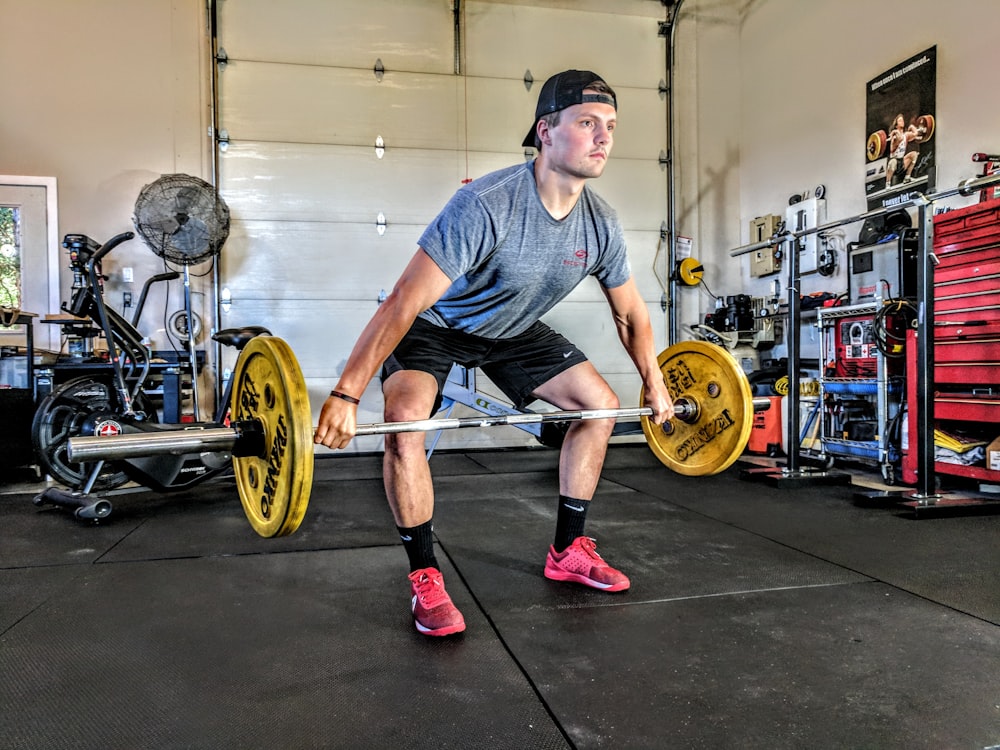Cardiovascular Strength Essential Advice for Success
Elevating Cardiovascular Strength: Essential Tips for Success
Understanding Cardiovascular Strength
Cardiovascular strength, also known as cardiovascular fitness or endurance, refers to the ability of the heart, lungs, and circulatory system to efficiently deliver oxygen-rich blood to the muscles during physical activity. Improving cardiovascular strength is essential for overall health and fitness, as well as enhancing athletic performance and endurance.
Incorporating Aerobic Exercise
Aerobic exercise, also known as cardio or endurance exercise, is a key component of improving cardiovascular strength. Activities such as running, cycling, swimming, and brisk walking elevate the heart rate and increase oxygen consumption, leading to improvements in cardiovascular fitness over time. Aim for at least 150 minutes of moderate-intensity aerobic exercise per week to reap the benefits of improved cardiovascular strength.
Interval Training: Maximizing Efficiency
Interval training is a highly effective method for improving cardiovascular strength and endurance in a shorter amount of time. This training technique involves alternating between periods of high-intensity exercise and recovery or low-intensity activity. Incorporating intervals into your cardio workouts challenges the heart and lungs to adapt to varying intensities, leading to greater improvements in cardiovascular fitness.
Progressive Overload: Gradually Increasing Intensity
Progressive overload is a fundamental principle of strength and conditioning that applies to improving cardiovascular strength as well. By gradually increasing the intensity, duration, or frequency of your aerobic workouts over time, you challenge your cardiovascular system to adapt and grow stronger. This gradual progression leads to continuous improvements in cardiovascular strength and endurance.
Cross-Training: Adding Variety and Challenge
Cross-training involves incorporating a variety of aerobic activities into your fitness routine to prevent boredom, reduce the risk of overuse injuries, and provide a more well-rounded approach to improving cardiovascular strength. Mixing activities such as running, cycling, swimming, and rowing challenges different muscle groups and energy systems, leading to more comprehensive improvements in cardiovascular fitness.
Strength Training: Supporting Cardiovascular Health
Strength training, while primarily focused on building muscle strength and size, also offers benefits for cardiovascular health and endurance. Incorporating resistance training exercises such as squats, lunges, deadlifts, and bench presses into your workouts improves muscular strength and endurance, which can enhance overall cardiovascular performance during aerobic activities.
Proper Nutrition and Hydration
Proper nutrition and hydration are essential components of improving cardiovascular strength and endurance. Fueling your body with a balanced diet rich in lean proteins, complex carbohydrates, healthy fats, and plenty of fruits and vegetables provides the energy and nutrients needed for optimal performance during aerobic exercise. Additionally, staying hydrated by drinking an adequate amount of water before, during, and after workouts supports cardiovascular function and endurance.
Rest and Recovery: Essential for Progress
Rest and recovery are often overlooked but crucial aspects of improving cardiovascular strength and endurance. Giving your body time to rest and repair between workouts allows for physiological adaptations to occur, such as increased muscle strength, improved oxygen utilization, and enhanced cardiovascular efficiency. Prioritize quality sleep, active recovery techniques, and rest days to support optimal cardiovascular health and performance.
Consistency and Patience
Improving cardiovascular strength and endurance








